Govt introduces bills to sack arrested ministers in LS, sparks opposition outrage
- EP News Service
- Aug 20, 2025
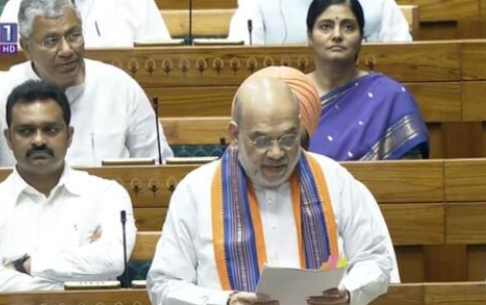
HM Amit Shah tables three key bills in Lok Sabha
NEW DELHI: Union Home Minister Amit Shah introduced three contentious bills in the Lok Sabha, proposing a legal framework to remove the Prime Minister, Chief Ministers, and ministers arrested on serious criminal charges and detained for 30 consecutive days. The bills — the Constitution (One Hundred and Thirtieth Amendment) Bill, 2025, the Government of Union Territories (Amendment) Bill, 2025, and the Jammu and Kashmir Reorganisation (Amendment) Bill, 2025 — have triggered fierce protests from the Opposition, which labelled them "draconian" and a threat to India’s federal structure.
The proposed legislation mandates that elected officials, including the Prime Minister and Chief Ministers, must resign by the 31st day of continuous detention on charges carrying a minimum punishment of five years, or face automatic removal from office. Those removed can be reappointed upon release from custody. Shah defended the bills as a necessary step to curb the criminalisation of politics, arguing that no existing constitutional provision addresses the removal of arrested ministers.
However, the Opposition slammed the bills as a tool for political vendetta, accusing the ruling Bharatiya Janata Party (BJP) of designing them to destabilise opposition-ruled state governments through arbitrary arrests by central agencies. Congress MPs, including Priyanka Gandhi Vadra and Manish Tewari, criticised the bills as unconstitutional, arguing that they violate the principle of "innocent until proven guilty." AIMIM leader Asaduddin Owaisi echoed these concerns, warning of potential misuse to target opposition leaders. The protests escalated into chaos, with Trinamool Congress MPs tearing copies of the bills, leading to a brief adjournment of the Lok Sabha and physical altercations among MPs.
HM Amit Shah asserted that, unlike the Congress party's approach of placing the Prime Minister above the law, the BJP's policy ensures that the Prime Minister, ministers, and chief ministers are subject to the rule of law. He pointed out that, in recent years, some CMs and ministers have immorally continued governing from jail without resigning. The bills include a provision allowing an accused politician to seek bail within 30 days of arrest. Shah also posted on X "Now, the people of the country will have to decide whether it is appropriate for a minister, chief minister, or the PM to run the govt while in jail."
Despite the uproar, Congress MP Shashi Tharoor appeared to offer cautious support, calling the concept "reasonable" in principle, though he admitted to being unfamiliar with the bills’ specifics. In contrast, Leader of Opposition Rahul Gandhi and Kerala Chief Minister Pinarayi Vijayan condemned the bills as an assault on federalism, with Vijayan alleging they could enable the central government to orchestrate arrests to topple state governments.
In response to the controversy, the bills were referred to a Joint Parliamentary Committee (JPC) comprising 21 Lok Sabha and 10 Rajya Sabha members for detailed scrutiny. The JPC is expected to submit its report by the Winter Session in November 2025. As debates intensify, the bills have reignited discussions on balancing moral accountability in politics with safeguards against executive overreach.



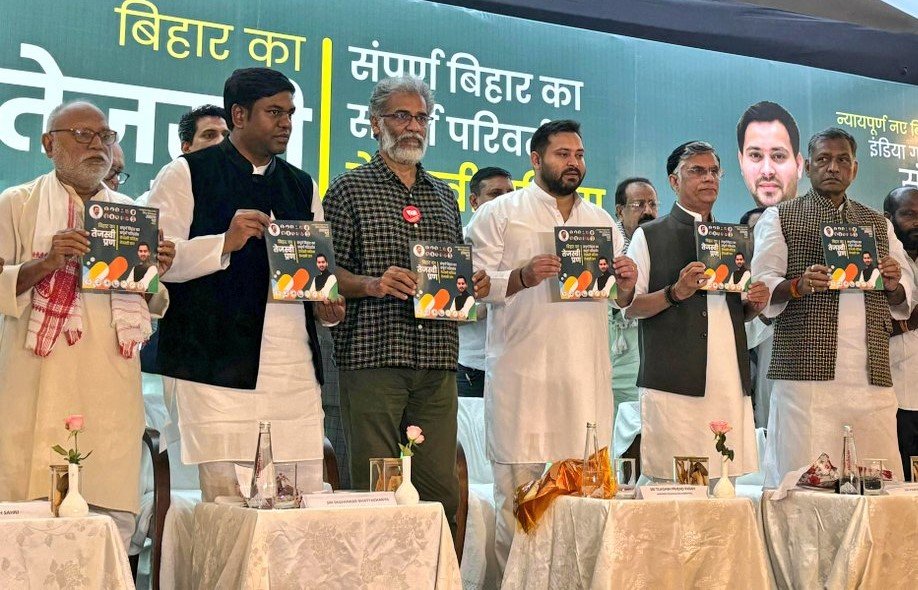
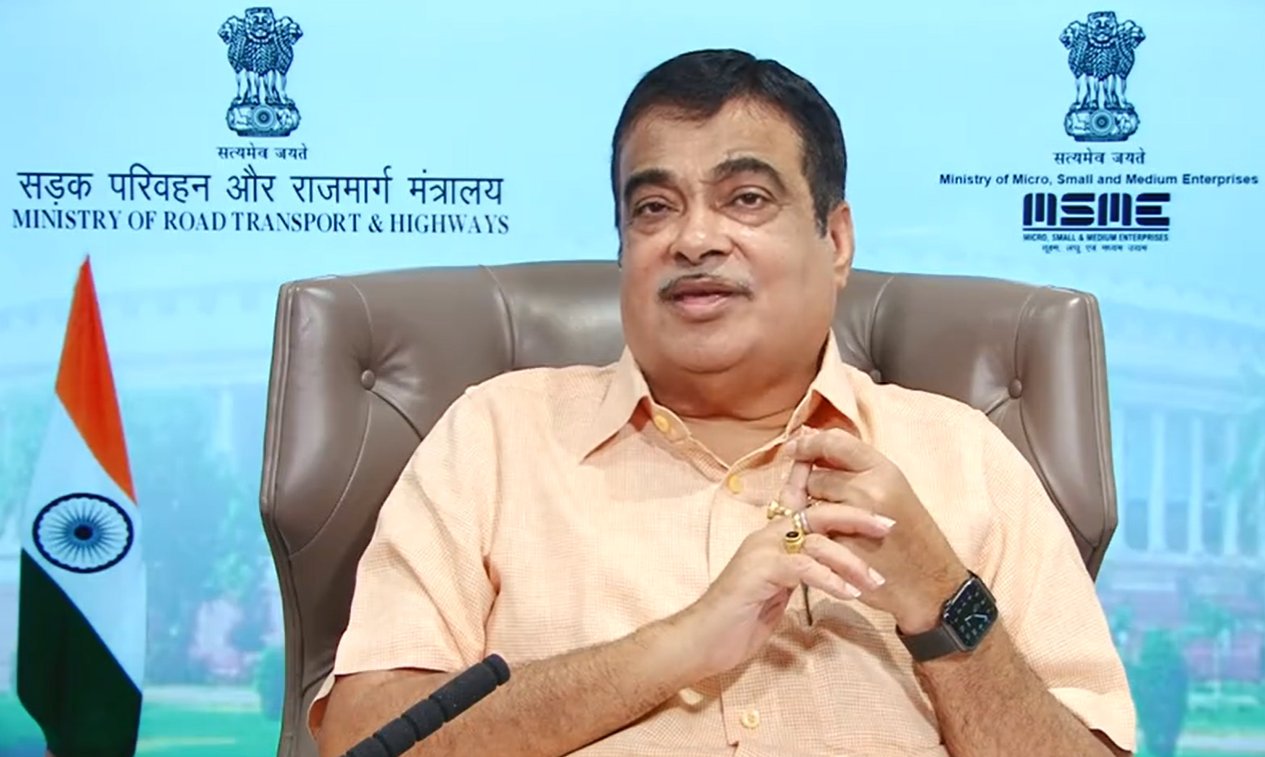
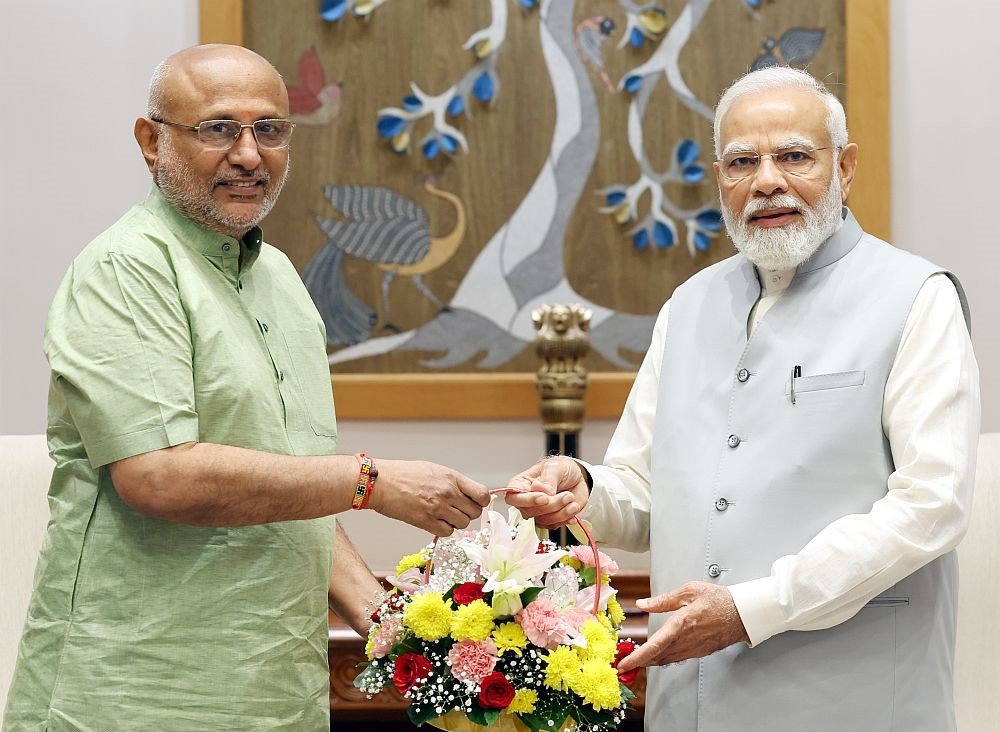
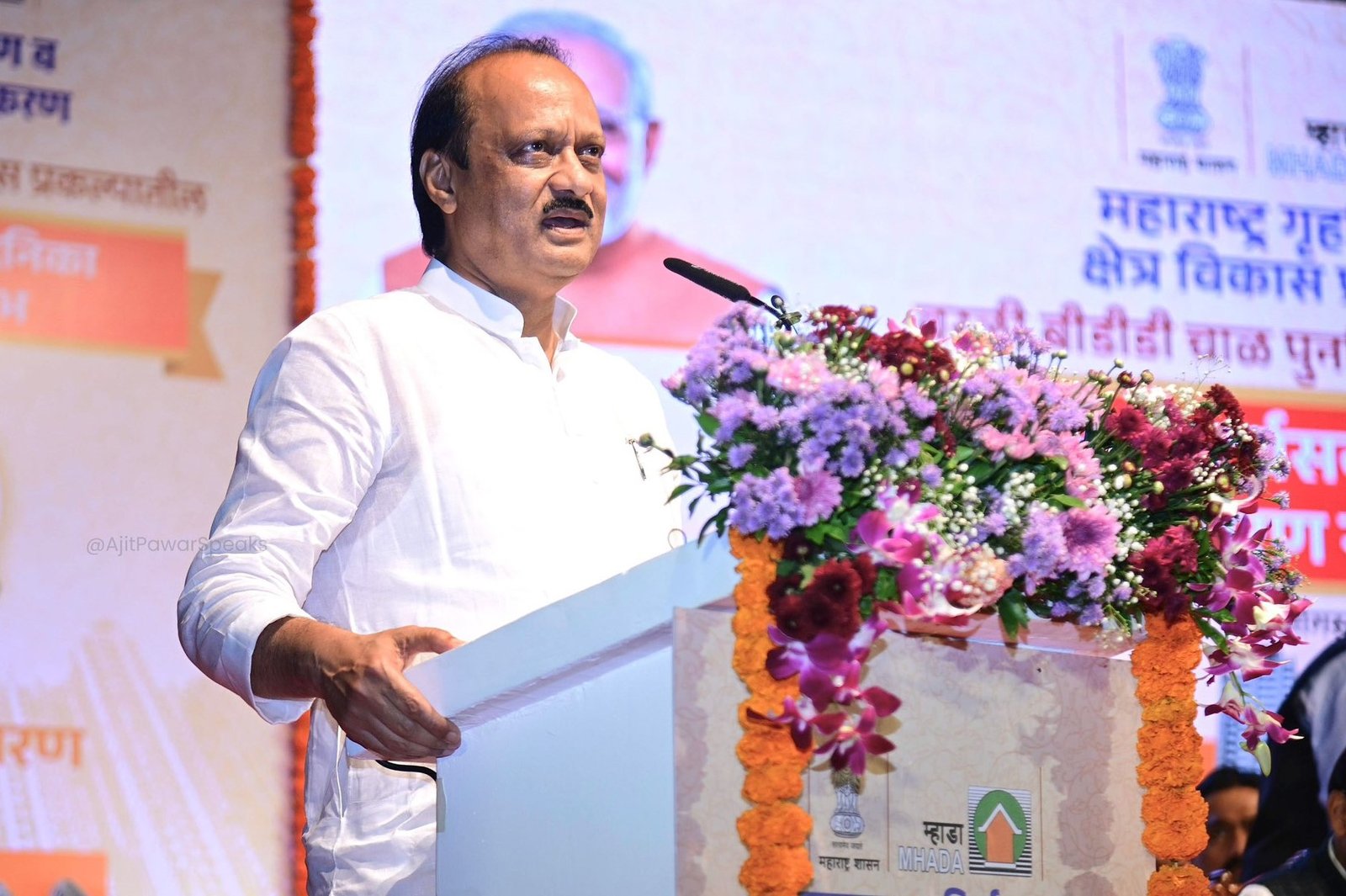
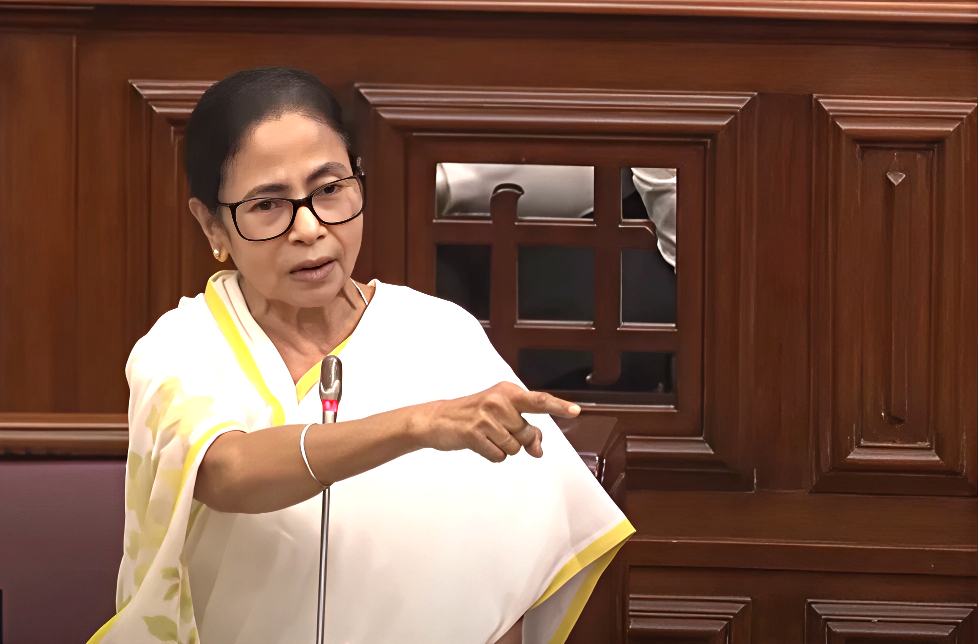
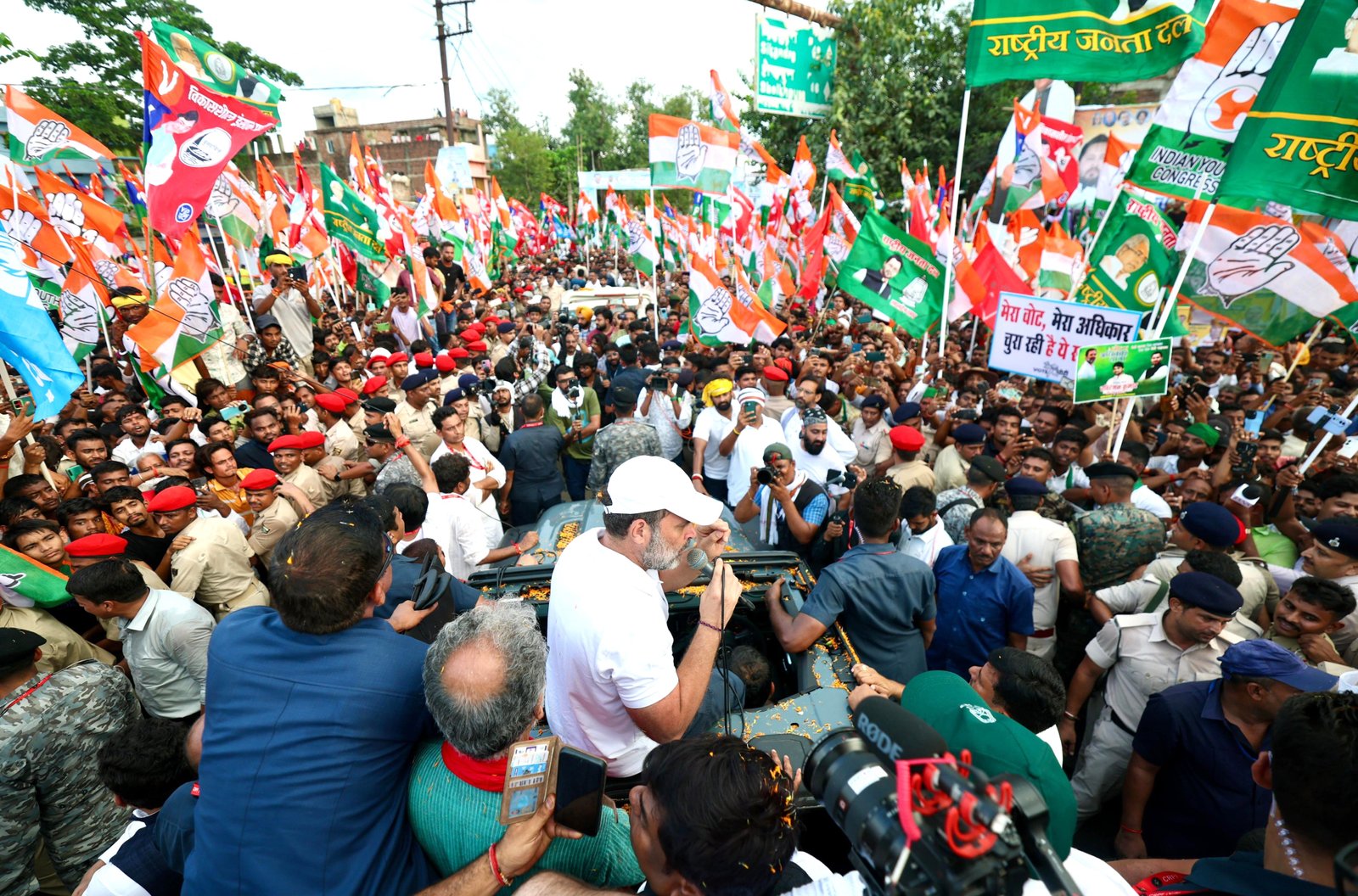

Reporter
Crisp, and to the point news coverage from India and around the world.
View Reporter News